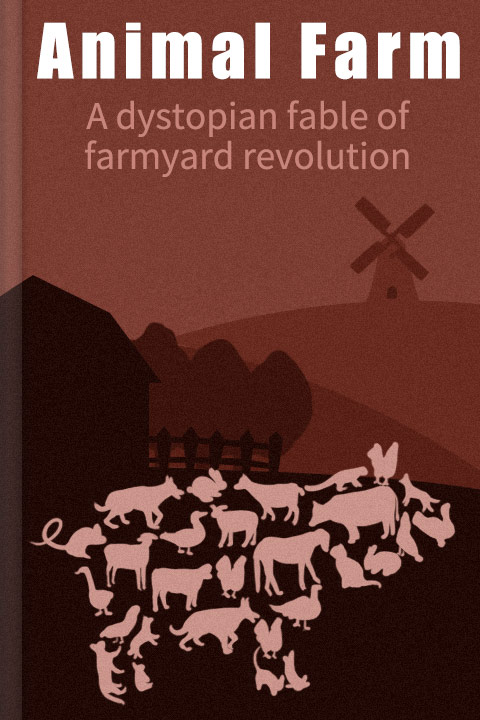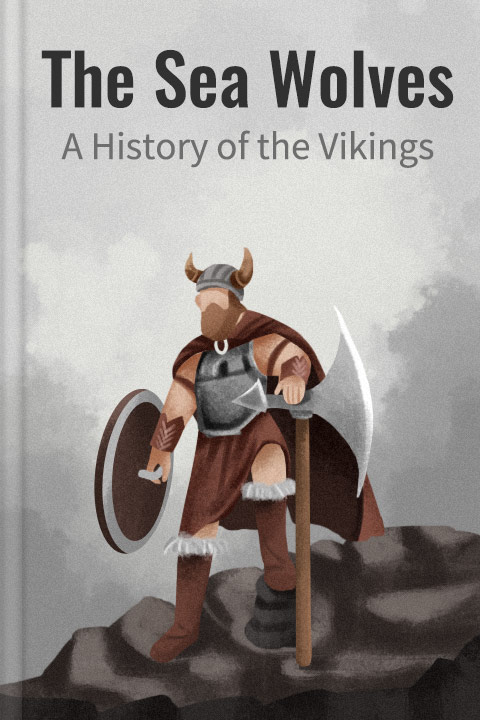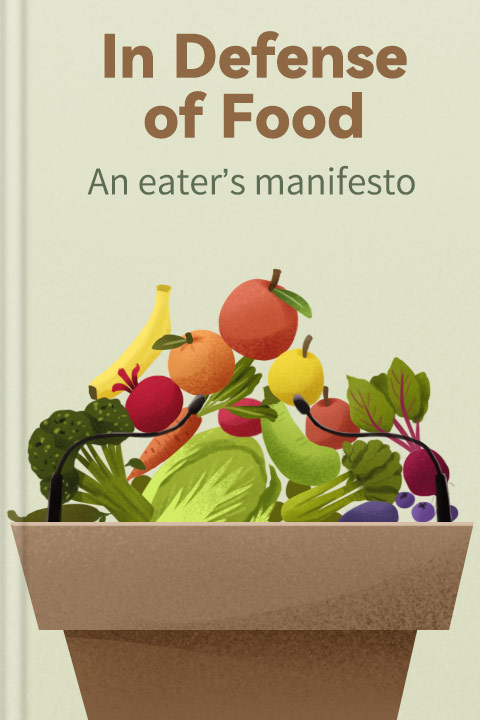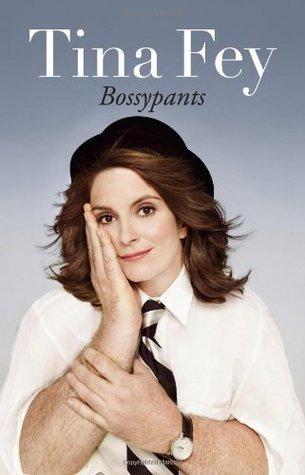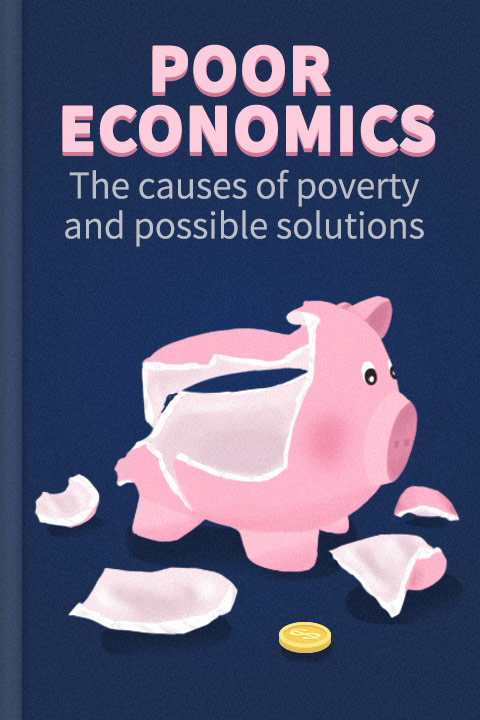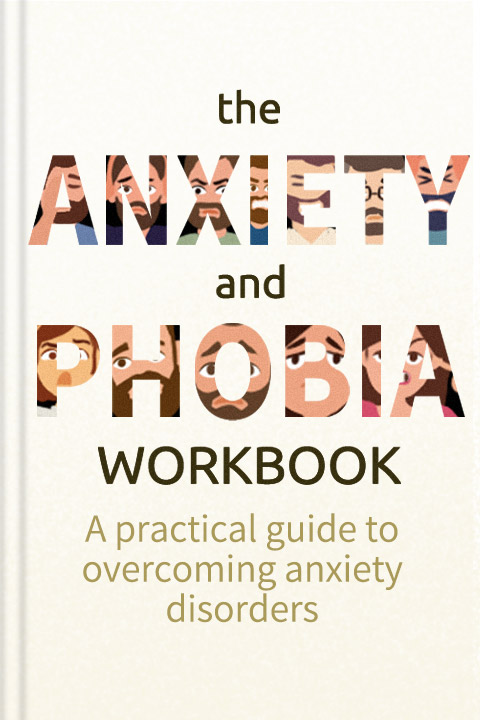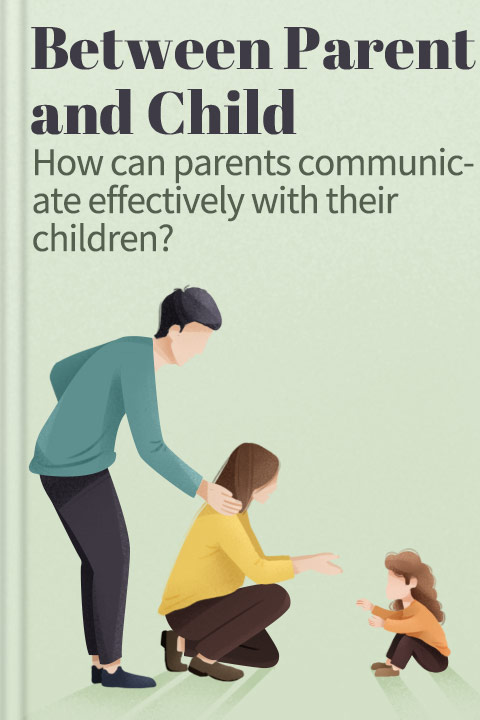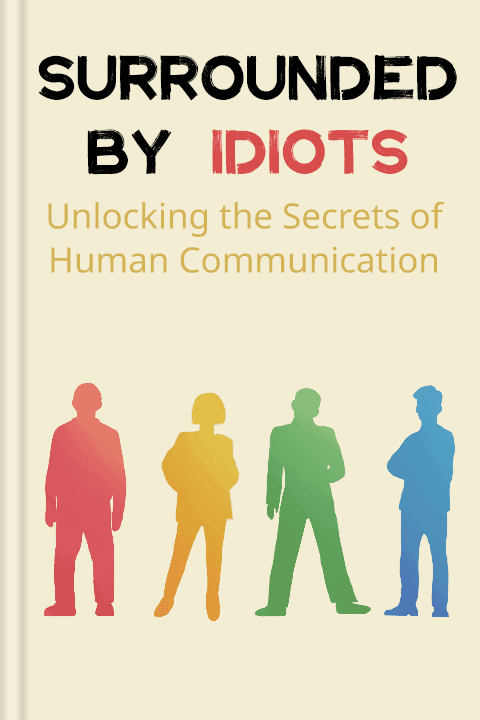source from YoutubeAuthor: George Orwell
Narrator: Ryan
Format: MP3
IBSN: 9780451526342
Language: English
Publish Date: 23/12/1969
Audiobook length: 31 min
Chapter 2The Changes at Animal Farm Chapter 3The World Under Totalitarianism Chapter 4Understanding George Orwell and Animal Farm? Chapter 5Summary & Review A History of the World in 6 Glasses
Listening to the summary audiobook of "Animal Farm" by George Orwell offers a convenient way to grasp the profound themes of power, corruption, and societal critique that permeate the novella. This accessible format highlights the allegorical narrative of a group of farm animals who rebel against their human farmer, providing valuable insights into the dynamics of totalitarianism and the cyclical nature of tyranny. Perfect for those short on time or seeking a quick refresher, the summary audiobook encapsulates the core messages of the text, making it easier to engage with its relevance to contemporary issues.
George Orwell was born in 1903. He was a British humanitarian writer, journalist, social critic, famous in England as a literary stylist. He produced numerous works during his short life, mainly focusing on the twin themes of poverty and politics. Two of his novels, Animal Farm and 1984, have had an incalculable influence, so much so that modern English uses the term “Orwellian” to refer to aspects of the social phenomena he imagined.
- 'Animal Farm' serves as an allegory for the Russian Revolution, demonstrating how power can corrupt ideals. The initial hope for a society based on equality ultimately collapses under the weight of tyranny, showing that revolutions can result in a new form of oppression.
- The character of Napoleon symbolizes the dangers of unchecked authority and the betrayal of revolutionary principles. His rise to power reflects how leaders can manipulate language and truth to control the populace and maintain dominance.
- Orwell highlights the role of propaganda in shaping public perception and suppressing dissent. Squealer's alterations of history and frequent lies illustrate how power maintains itself by distorting reality and exploiting the ignorance of the masses.
Brief In, Brilliance Out
Contact: buildlearn.bk@gmail.com
source from YoutubeAuthor: George Orwell
Narrator: Ryan
Format: MP3
IBSN: 9780451526342
Language: English
Publish Date: 23/12/1969
Audiobook length: 31 min
Chapter 2The Changes at Animal Farm Chapter 3The World Under Totalitarianism Chapter 4Understanding George Orwell and Animal Farm? Chapter 5Summary & Review A History of the World in 6 Glasses
1001 Paintings You Must See Before You Die
The Anxiety and Phobia Workbook
Listening to the summary audiobook of "Animal Farm" by George Orwell offers a convenient way to grasp the profound themes of power, corruption, and societal critique that permeate the novella. This accessible format highlights the allegorical narrative of a group of farm animals who rebel against their human farmer, providing valuable insights into the dynamics of totalitarianism and the cyclical nature of tyranny. Perfect for those short on time or seeking a quick refresher, the summary audiobook encapsulates the core messages of the text, making it easier to engage with its relevance to contemporary issues.
George Orwell was born in 1903. He was a British humanitarian writer, journalist, social critic, famous in England as a literary stylist. He produced numerous works during his short life, mainly focusing on the twin themes of poverty and politics. Two of his novels, Animal Farm and 1984, have had an incalculable influence, so much so that modern English uses the term “Orwellian” to refer to aspects of the social phenomena he imagined.
- 'Animal Farm' serves as an allegory for the Russian Revolution, demonstrating how power can corrupt ideals. The initial hope for a society based on equality ultimately collapses under the weight of tyranny, showing that revolutions can result in a new form of oppression.
- The character of Napoleon symbolizes the dangers of unchecked authority and the betrayal of revolutionary principles. His rise to power reflects how leaders can manipulate language and truth to control the populace and maintain dominance.
- Orwell highlights the role of propaganda in shaping public perception and suppressing dissent. Squealer's alterations of history and frequent lies illustrate how power maintains itself by distorting reality and exploiting the ignorance of the masses.
Brief In, Brilliance Out
Contact: buildlearn.bk@gmail.com

